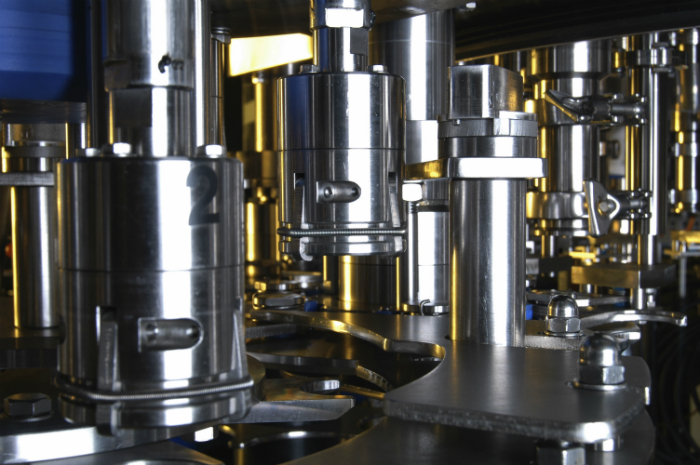DFM (design for manufacturing) is the process of designing your product with the goal of making it easy to manufacture. It is a critical manufacturing tooling design and process development step before making a brand new product. If done well, DFM will assure both quality and productivity. Here are 3 reasons why you must take DFM into account in your planning:
It makes sure your product can actually be manufactured.
DFM starts after design drawings are finalized and prototypes are made to validate the design concept. It re-invents the product in a production facility environment, rather than in an R&D lab or a computer simulation. In manufacturing, it can be very challenging to achieve designed features of a part or performance of a system. In a worst case scenario, a product design may not even be manufacturable and it has to go back to the drawing board again.
It can affect the look, feel, precision, and function of your product.
DFM includes all designs for BOM (bill of materials) items and final assembly, such as mold layouts, heat transfer analysis, tooling design, and manufacturing process design. Only with correctly designed tools is it possible to achieve the correct look, feel, precision, and functionality of your product. For example, sections of molds will leave parting lines and tool marks on a product. The location of these parting lines will affect product look and feel. As part of the process, these types of decisions are made and approved by both the product designer and the tool designer.
It can greatly affect your timeline.
DFM is often ignored when it comes to creating a project timeline, but it shouldn’t be. Generally speaking, DFM can go back and forth for a week to several weeks depending on the quality requirements and the complexity of a new product. Step by step, it is necessary to have every detail of DFMs verified and confirmed with the product designer as much as possible to eliminate potential mistakes that could take a lot of time and money to recover from at a later stage. It is important to understand that any adjustments that need to be made during the design for manufacturing process will take time and affect the overall timeline. However, the payoff will be greater in the long run.
Is DFM an integral part of your plan?

